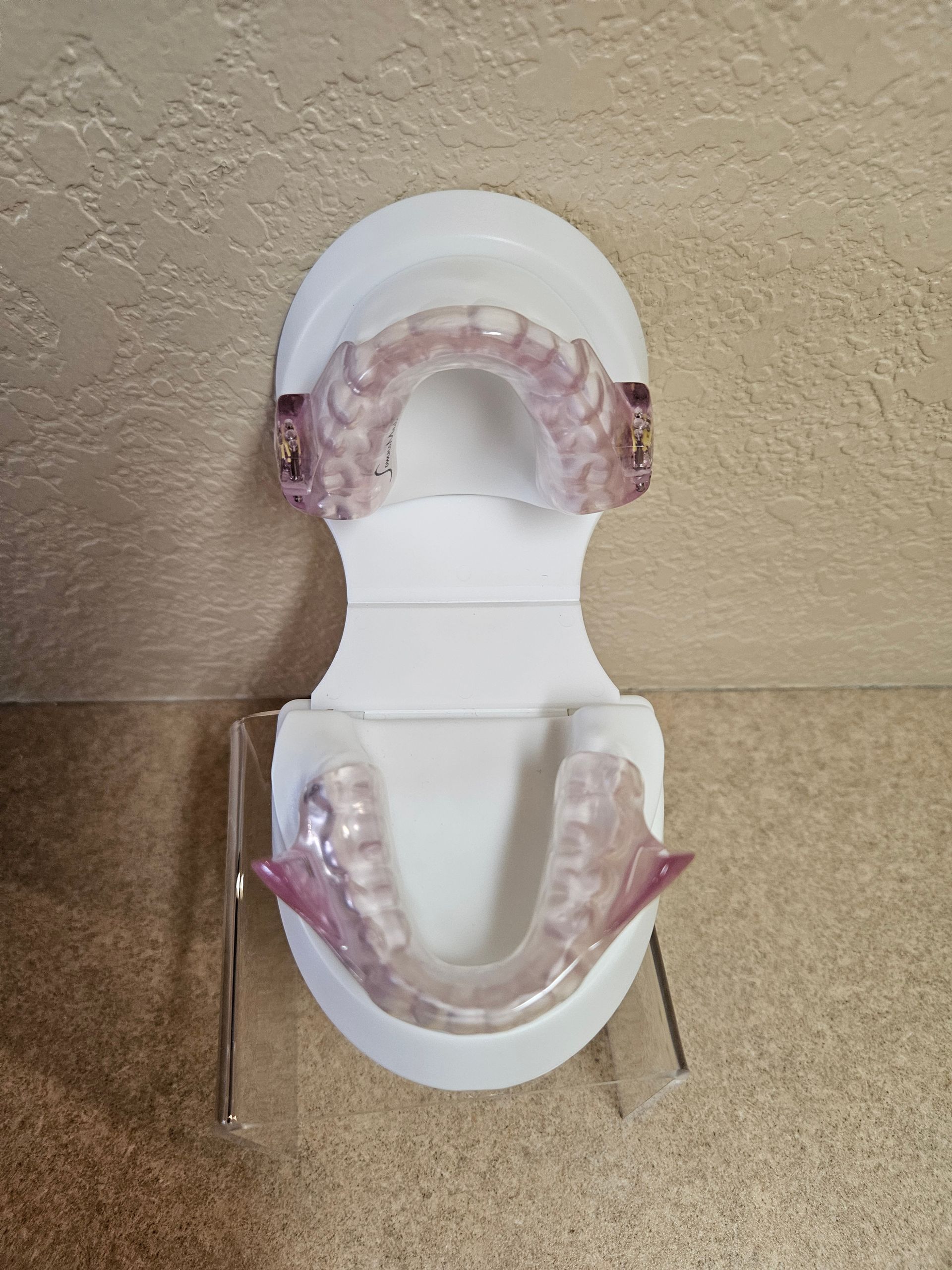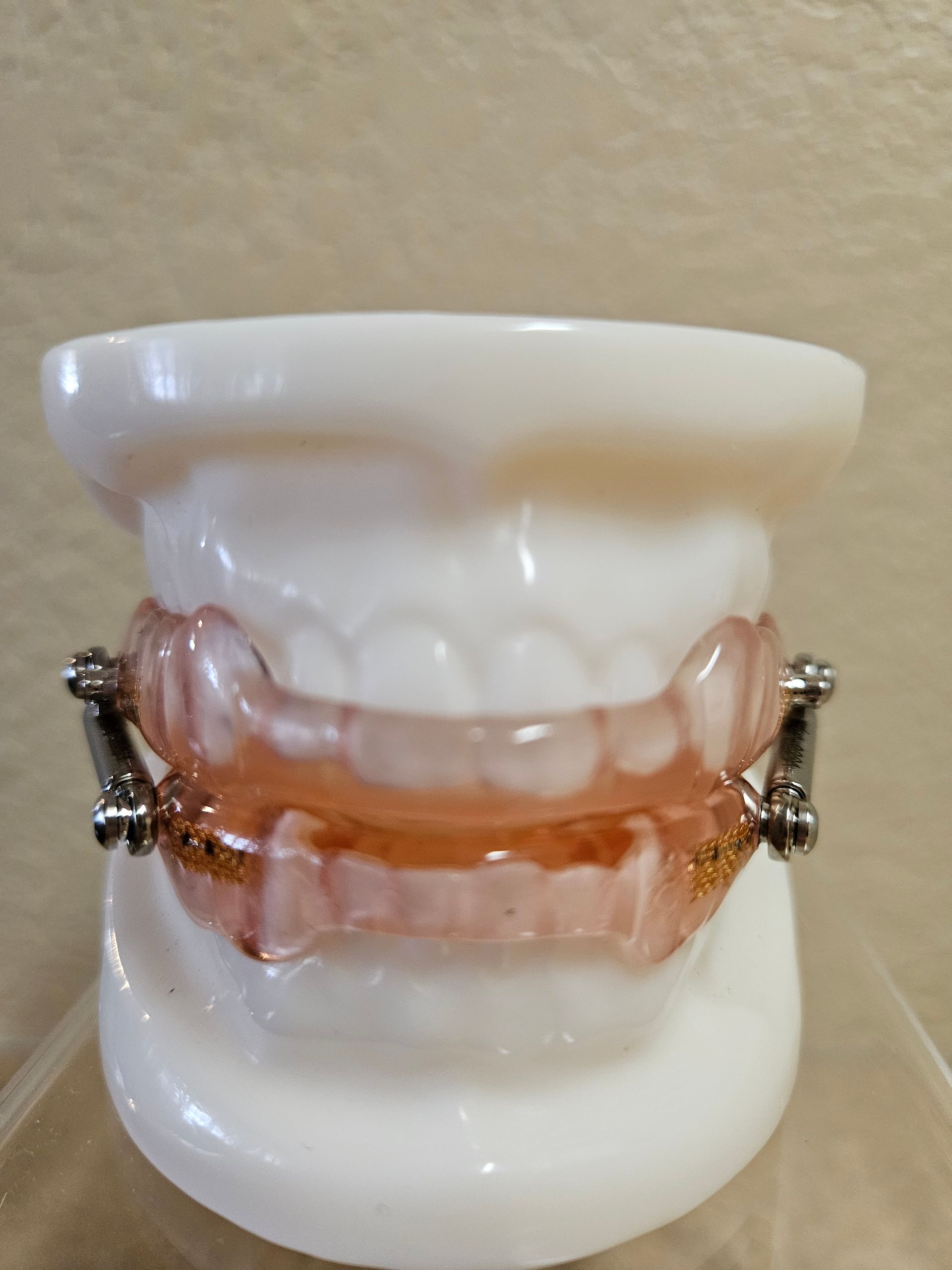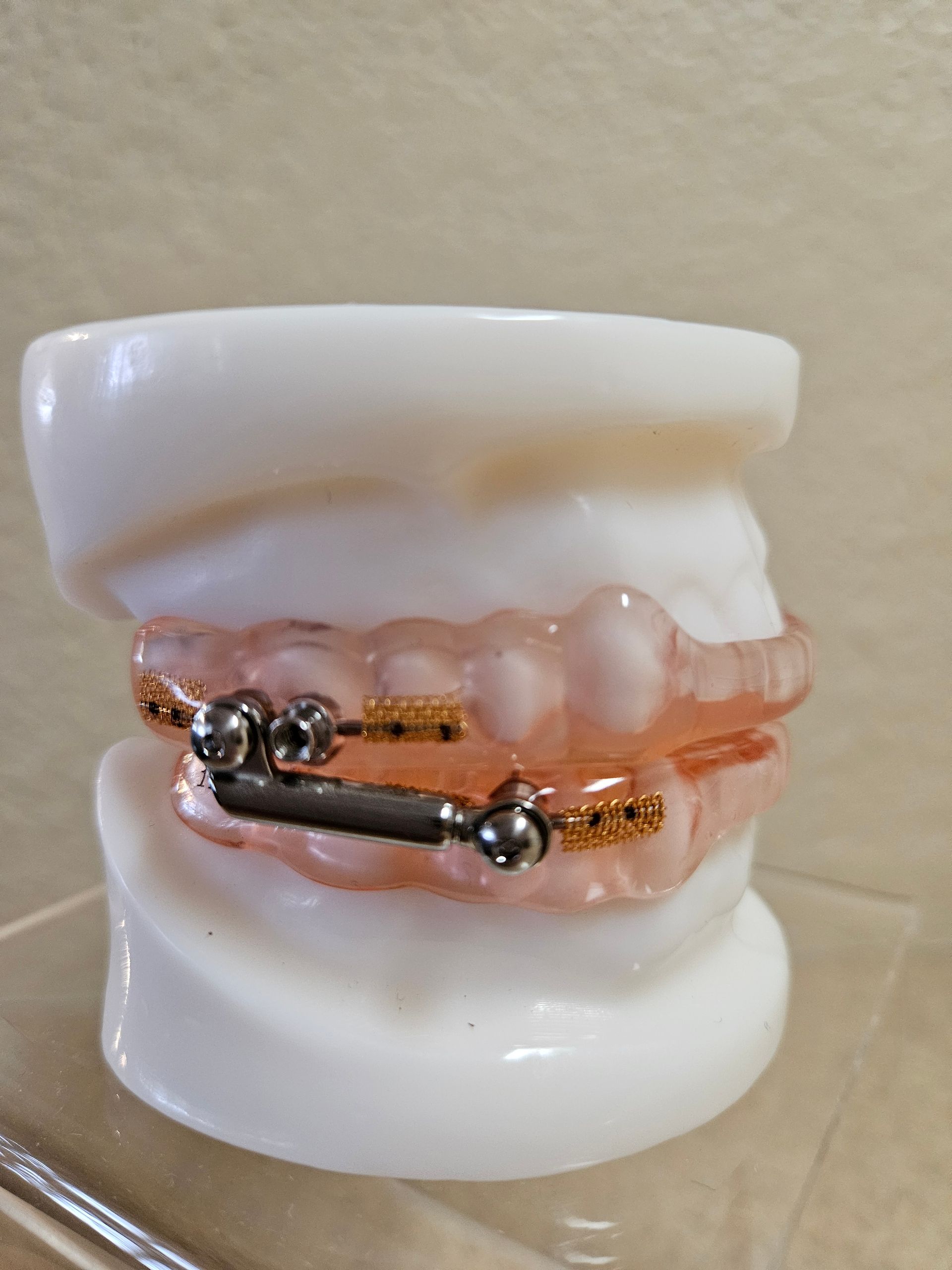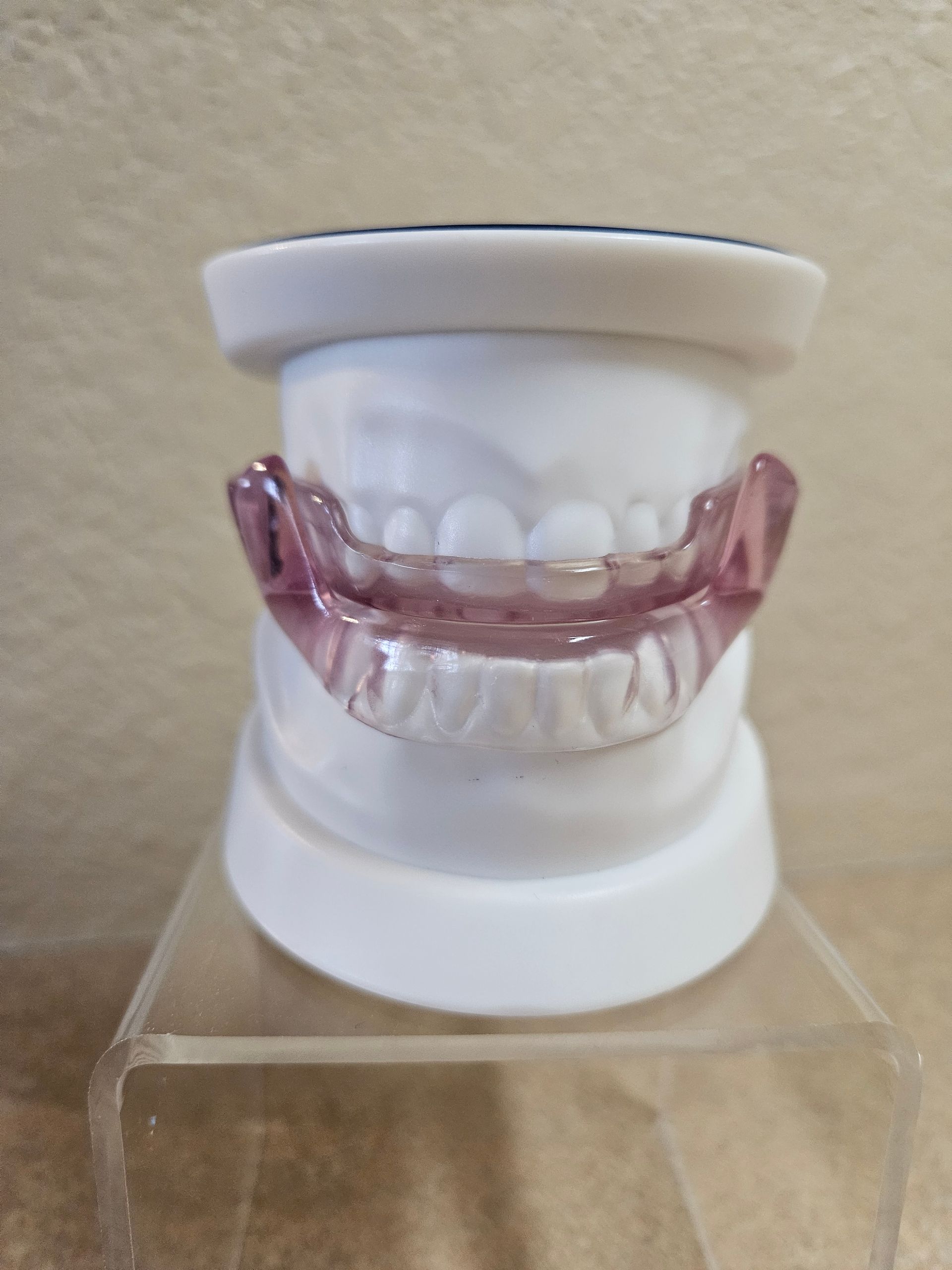Add your title here
This is the text area for this paragraph. To change it, simply click and start typing. Once you've added your content, you can customize its design by using different colors, fonts, font sizes and bullets. Just highlight the words you want to design and choose from the various options in the text editing bar.
This is the text area for this paragraph. To change it, simply click and start typing. After adding your content, you can customize it.
Try an Alternative to Sleep Apnea Machines
See if a sleep oral appliance works for you in Sierra Vista, AZ
Sleep apnea and snoring are common conditions, but many people don’t want to deal with bulky equipment and medical machines every time they go to sleep. At Samurai Sleep in Sierra Vista, AZ, we offer another option. Dr. Kawakami works with patients to see if a sleep mouthguard is effective for their situations. An oral appliance is a light, portable and convenient way to breathe easily without using inconvenient equipment.
Speak with Dr. Kawakami today if you’re interested in trying a sleep oral appliance.
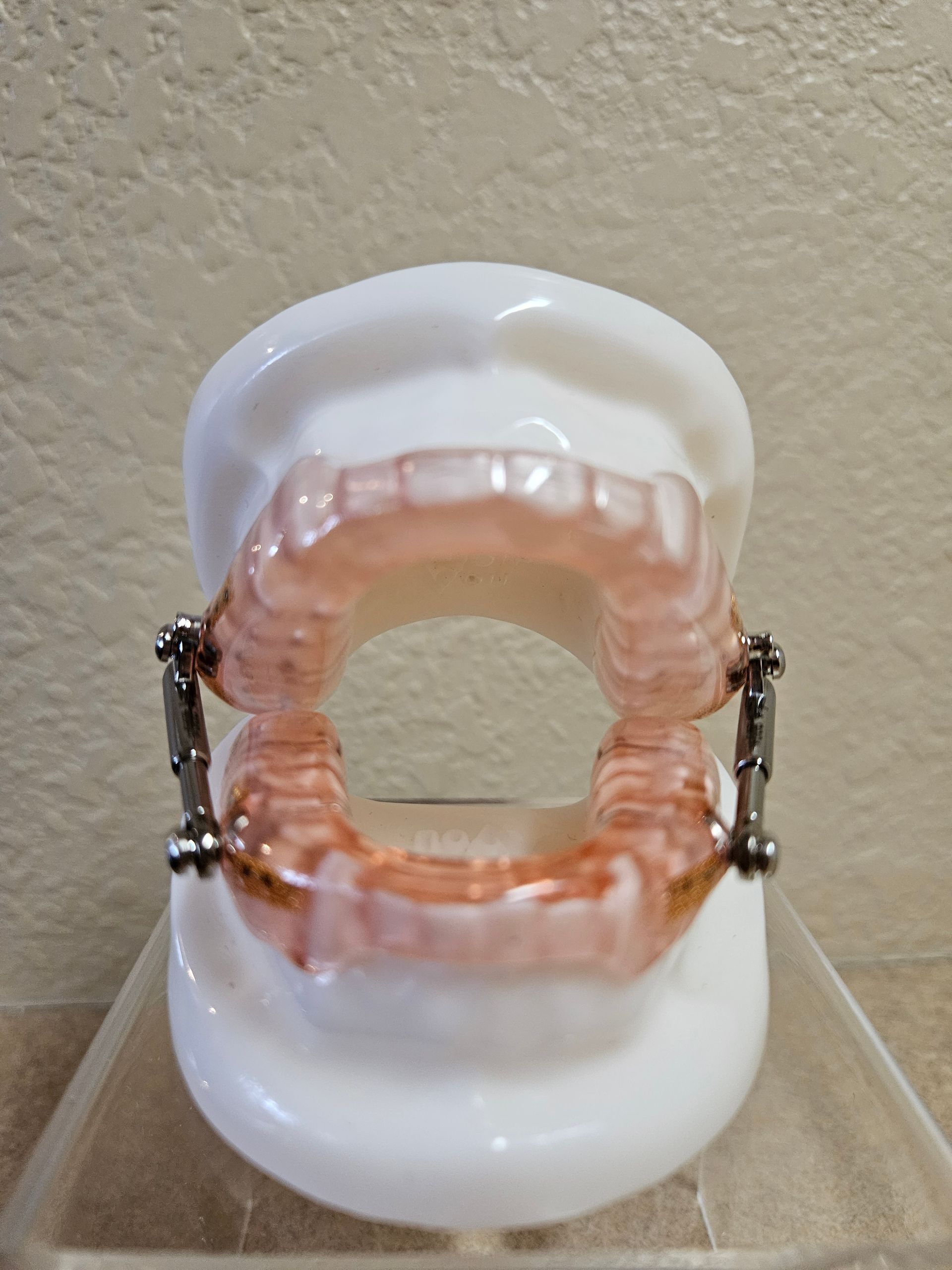
CPAP machines are effective, but they’re also bulky and difficult to travel with. Fortunately, you may be able to use an oral appliance instead. The right sleep oral appliance can:
- Support your jaw while you sleep
- Reduce or eliminate snoring
- Help keep your airways open
We use a sleep oral appliance that fits similarly to a retainer. Have a question about our oral appliances? Contact us now. We’ll be happy to speak with you.

